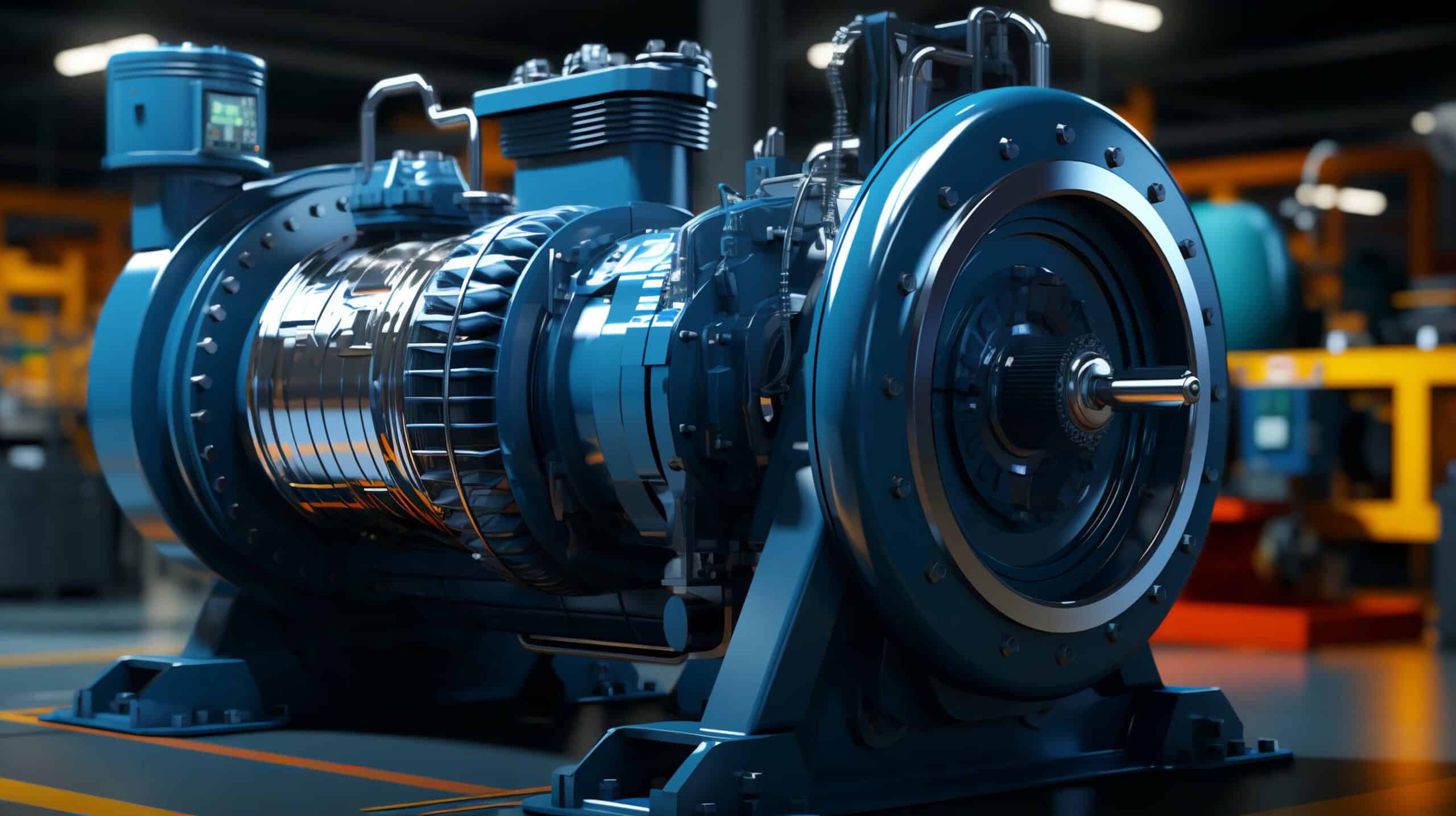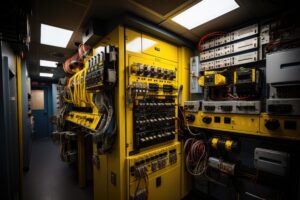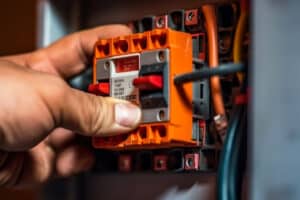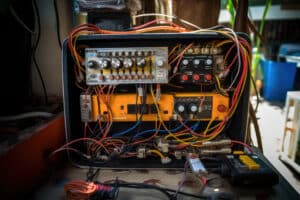What do home generators run on?
Key Takeaways
- Gasoline generators are widely available and affordable options for short-term power needs.
- Propane generators offer the advantage of indefinite shelf life and reduced risk of accidents.
- Natural gas generators eliminate the need for fuel storage and provide a continuous source of power.
When it comes to ensuring a continuous power supply during an outage, home generators play a crucial role. These devices provide backup power to keep essential appliances and systems running when the grid goes down. However, have you ever wondered what exactly home generators run on?
In this article, we will explore the different fuel options available for home generators and discuss their advantages and disadvantages. Let’s dive in and discover the power sources that keep our homes up and running during emergencies.
1. Gasoline Generators
Gasoline generators are one of the most common types of home generators. They run on gasoline, which is readily available at most gas stations. Gasoline generators are portable and relatively affordable compared to other options. They are typically used for short-term power needs, such as during camping trips or small-scale power outages.
One of the main advantages of gasoline generators is their widespread availability. Gasoline is easily accessible, making it convenient for refueling the generator. However, gasoline has a limited shelf life, and it can become stale over time. It’s important to rotate the fuel supply regularly to ensure optimal performance.
2. Propane Generators
Propane generators, also known as LPG (liquefied petroleum gas) generators, are another popular choice for home backup power. Propane is a clean-burning fuel that produces fewer emissions compared to gasoline. It is stored in tanks, which can be easily refilled or replaced when needed.
Propane generators offer several advantages. Propane has an indefinite shelf life, meaning it can be stored for extended periods without degradation. This makes it a reliable fuel source for long-term power outages. Additionally, propane is less flammable than gasoline, reducing the risk of accidents.
3. Natural Gas Generators
Natural gas generators are connected directly to a home’s natural gas supply. They offer a convenient and continuous source of power during outages. Natural gas is a clean-burning fuel and produces lower emissions compared to gasoline or propane.
One of the key advantages of natural gas generators is that they eliminate the need for fuel storage. Since they are connected to the natural gas pipeline, there is no need to worry about running out of fuel or refilling tanks. Natural gas generators are often more expensive upfront but can provide cost savings in the long run.
4. Diesel Generators
Diesel generators are known for their durability and high power output. They are commonly used in commercial settings but can also be used for residential backup power. Diesel fuel is less volatile than gasoline, making it a safer option for storage.
Diesel generators are efficient and can provide a reliable power supply for extended periods. However, diesel fuel may not be as readily available as gasoline or propane, especially in remote areas. Additionally, diesel generators can be more expensive to purchase and maintain.
Conclusion
Home generators can run on various fuel sources, including gasoline, propane, natural gas, and diesel. Each fuel option has its own advantages and disadvantages, depending on factors such as availability, shelf life, emissions, and cost. It’s essential to choose a generator and fuel source that best suits your specific needs and circumstances.
Whether you opt for a portable gasoline generator for occasional use or invest in a natural gas generator for continuous power, having a backup generator ensures peace of mind during power outages. Make sure to follow safety guidelines and consult professionals for installation and maintenance.
Related Websites:
FAQs:
Q: What are home generators and why are they important?
Home generators are devices that provide backup power during emergencies or power outages. They are important because they ensure that essential appliances and systems in your home can continue to function even when the main power supply is disrupted.
Q: How do home generators work?
Home generators work by converting mechanical energy into electrical energy. They use various types of fuels, such as gasoline, diesel, natural gas, or propane, to power an engine that drives an alternator, generating electricity that can be used to power your home.
Q: What are the different fuel options for home generators?
Home generators can run on a variety of fuels, including gasoline, diesel, natural gas, and propane. Each fuel option has its advantages and considerations, such as availability, convenience, efficiency, or clean combustion.
Q: Which fuel option is best for my home generator?
Choosing the best fuel option for your home generator depends on factors such as fuel availability in your area, cost considerations, and the environmental impact. It is recommended to consult professionals or conduct further research to determine the most suitable fuel option for your specific needs.
Q: What precautions should I take with fuel storage and safety?
When using gasoline, diesel, natural gas, or propane as fuel for home generators, it is important to follow appropriate storage and safety precautions. This may include proper storage containers, ventilation, and regular maintenance. It is advisable to consult manufacturer guidelines or seek professional advice for specific safety measures.






